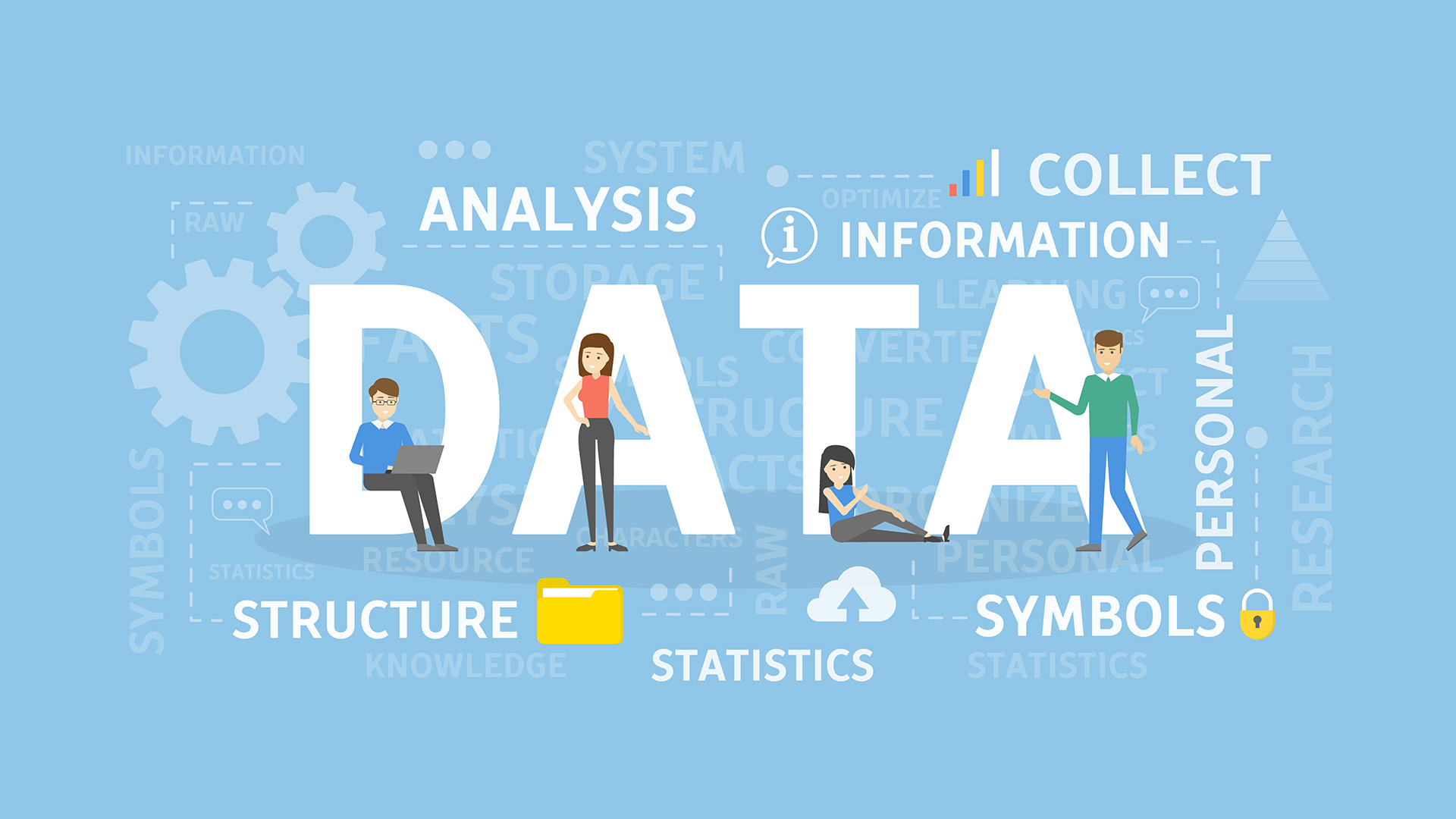Next-generation data management encompasses a broad set of principles, technologies, and strategies designed to handle the increasingly complex and large volumes of data generated in modern organisations. Several aspects play a crucial role in enabling organisations to manage, process, and leverage their data effectively in the era of big data and increased digital transformation. Organisations that optimise their approaches to data management and see it as a critical aspect of modern business can develop a competitive edge over their opposition, in contrast to those that merely see data management as a cost of doing business. Below is an outline of the key components:-
Data Governance
Data Governance aids data quality, security, and compliance across an organisation. It enhances decision-making by providing accurate, reliable data while reducing costs associated with errors and inefficiencies. Strong governance frameworks support regulatory compliance, mitigate risks, and safeguard against data breaches. Additionally, data governance promotes transparency, accountability, and collaboration within an organisation, aligning data management with strategic goals and enabling effective data integration. By establishing clear policies and standards, data governance transforms data into a valuable asset, driving long-term sustainability and competitive advantage.
Data Architecture
Data Architecture provides a structured framework for managing and organising data, which enhances data quality, consistency, and accessibility across an organisation. It facilitates efficient data integration, enabling seamless data flow between systems and ensures that data is reliable and available for decision-making. Good data architecture also supports scalability, allowing organisations to adapt and grow their data infrastructure as needed. Additionally, it helps in maintaining data security and compliance with regulations, ultimately leading to more informed business strategies, improved operational efficiency, and potentially competitive advantage.
Data Integration
Data Integration offers numerous benefits, including the ability to consolidate information from disparate sources into a single, unified view, which enhances data accuracy and consistency. This enables more informed decision-making, as stakeholders have access to comprehensive and up-to-date information obtained (via say APIs and microservices) from multiple sources. Integrated data also improves operational efficiency by reducing redundancies and streamlining processes, while facilitating better collaboration across departments. Additionally, it supports advanced analytics and reporting capabilities, leading to deeper insights and more strategic business outcomes. Ultimately, data integration fosters agility and innovation, helping organisations gain competitively in a data-driven world.
Data Quality Management
Data Quality Management ensures that the data used by an organisation is accurate, consistent, and reliable, leading to better decision-making and operational efficiency. High-quality data minimises errors, reduces the risk of costly mistakes, and enhances customer satisfaction by providing accurate information for services and products. In addition, it supports regulatory compliance (eg. Data Privacy), improves business intelligence, and enables more effective use of resources – ultimately driving increased profitability and competitive advantage. Effective data quality management lays a strong foundation for trust in the data, enabling organisations to confidently operate and leverage analytics and insights.
Data Security and Privacy
Data Security and Privacy are essential for safeguarding sensitive information and building trust in a digital environment. Data security ensures that information is protected from unauthorised access, breaches, and potential cyberattacks, which is crucial for maintaining the integrity and availability of data.
Conversely, Data Privacy focuses on ensuring that personal information is collected, processed, and shared in ways that respect individual rights and comply with legal regulations.
Together, strong data security and privacy practices protect organisations from financial losses, legal repercussions, and reputational damage, while also ensuring that individuals’ rights and personal information are respected, fostering trust and confidence among customers and stakeholders.
Advanced Analytics and AI/ML Integration
Integrating advanced analytics and AI/ML into business processes offers transformative benefits, including enhanced decision-making, operational efficiency, and innovation. These technologies enable organisations to analyse vast amounts of data in real-time, uncovering insights and patterns that would be impossible for humans to detect manually. This leads to more accurate predictions, personalised customer experiences, and optimised resource allocation. Additionally, AI/ML can automate routine tasks, freeing up human talent for more strategic initiatives, thereby driving growth and maintaining a competitive edge in rapidly evolving markets.
Scalability and Performance Optimisation
Scalability and performance optimisation in data management are crucial for ensuring that systems can handle increasing volumes of data efficiently while maintaining high performance. Scalability allows systems to grow seamlessly by adding resources or adjusting configurations, ensuring that data operations remain smooth even as demand increases. Performance optimisation, on the other hand, focuses on fine-tuning processes to reduce latency, improve query speeds, and enhance data throughput. Together, these practices ensure that organisations can manage larger datasets, support more users, and process data-intensive tasks without compromising on speed or reliability, ultimately leading to more robust and responsive data systems.
Data Cataloguing and Metadata Management
Data Cataloguing and Metadata Management provide significant benefits for data management by enhancing data discoverability, accessibility, governance and will become more important as organisations seek to manage their increasingly unwieldly data sources. By creating a centralised repository of data assets, data cataloguing helps organisations easily locate and understand their data, ensuring consistency and accuracy. Metadata management further enriches this process by providing detailed information about data origins, usage, and relationships, facilitating better data quality control, security, compliance, and decision-making. Together, these practices streamline data operations, reduce redundancy, and empower data users to efficiently leverage data for strategic insights.
Interoperability and Open Standards
Interoperability and open standards in data management offer significant benefits by enabling seamless data exchange and integration across diverse systems, platforms, and applications. They reduce the complexity and costs associated with data migration, as well as the risk of vendor lock-in, by ensuring that data remains accessible and usable regardless of the technology in place. Open standards facilitate collaboration and innovation by allowing different organisations and systems to work together more effectively, enhancing data consistency, quality, and security. This fosters a more flexible and future-proof data environment, driving efficiency and informed decision-making.
User Experience and Self-Service
Incorporating User Experience (UX) and Self-Service features into data management systems offers significant benefits, including enhanced user engagement, efficiency, and satisfaction. By prioritising UX, organisations can create intuitive interfaces that make data management processes more accessible, reducing the need for specialised training and support. Self-Service capabilities empower users to independently access, manipulate, and analyse data, leading to faster decision-making and reducing bottlenecks caused by reliance on IT or data specialists. Together along with appropriate data security , these elements streamline workflows, improve data quality, and foster a more agile and responsive data-driven culture within the organisation.
Sustainability and Green Data Management
Sustainability and Green Data Management offer significant benefits for data management by reducing the environmental impact and enhancing operational efficiency. By optimising energy consumption, minimising e-waste, and adopting eco-friendly data storage solutions, organisations can lower their carbon footprint and operational costs. These practices also promote compliance with environmental regulations and improve corporate social responsibility, leading to enhanced brand reputation. Furthermore, sustainable data management often involves better resource utilisation, which can lead to more efficient data processing, storage, and retrieval, ultimately supporting long-term business sustainability goals.
Change Management and Organisational Culture
Effective data management benefits significantly from well-implemented change management and a strong organisational culture. Change management ensures that data-related transitions, such as the adoption of new technologies or processes, are smoothly executed, minimising disruptions and resistance. This approach promotes consistency, accuracy, and security in data handling by aligning team members with clear goals and expectations. A robust organisational culture that values data integrity, collaboration, and continuous improvement further enhances these benefits, as employees are more likely to embrace and adhere to best practices, fostering an environment where data is managed efficiently and strategically leveraged for decision-making.
In Conclusion
What blood is to the human body, modern data management is to an increasing number of organisations. It is becoming the essential life-giving element that runs through all parts of the organisation and allows them to operate in a more universal and integrated way. Modern data management offers numerous benefits that are crucial for organisations striving to stay competitive and efficient. By leveraging advanced data management practices, businesses can ensure data accuracy, accessibility, and security – enabling more informed decision-making and strategic planning. These practices facilitate the integration and analysis of disparate and dispersed data sources, fostering innovation and allowing for the identification of trends and insights that drive business growth. Furthermore, effective data management supports regulatory compliance and reduces risks associated with data breaches, ultimately leading to enhanced operational efficiency and a stronger competitive edge in the market.
Further Reading:-
Forbes Innovation – Navigating The Path From Legacy To Modern Data Management: https://www.forbes.com/councils/forbestechcouncil/2024/05/03/navigating-the-path-from-legacy-to-modern-data-management/
Atlan – Modern Data Management: 8 Things You Can Gain From It: https://atlan.com/modern-data-management/
Gartner – Data Management: Modernize to Increase Value and Reduce Costs: https://www.gartner.com/en/data-analytics/topics/data-management


Leave a Reply